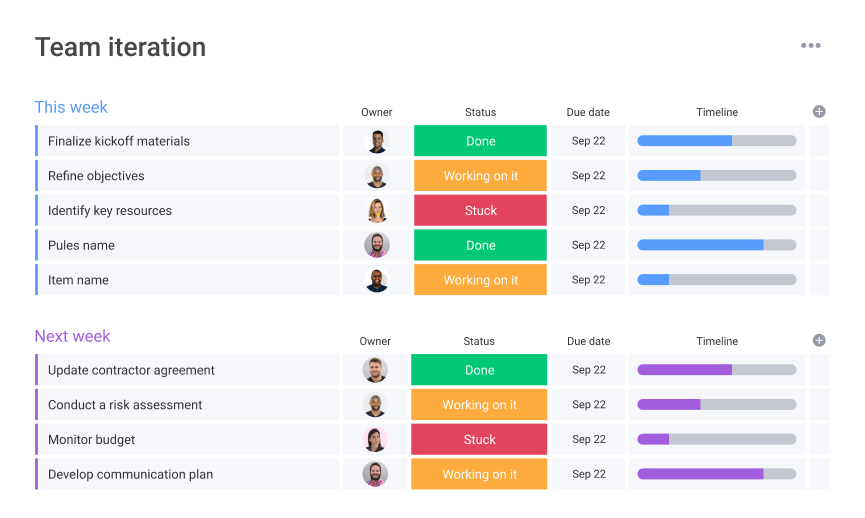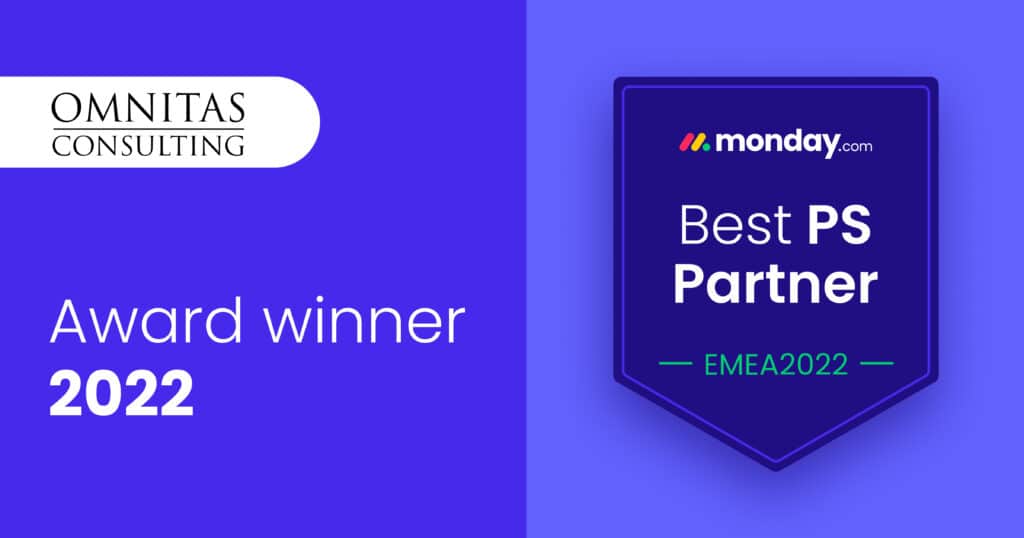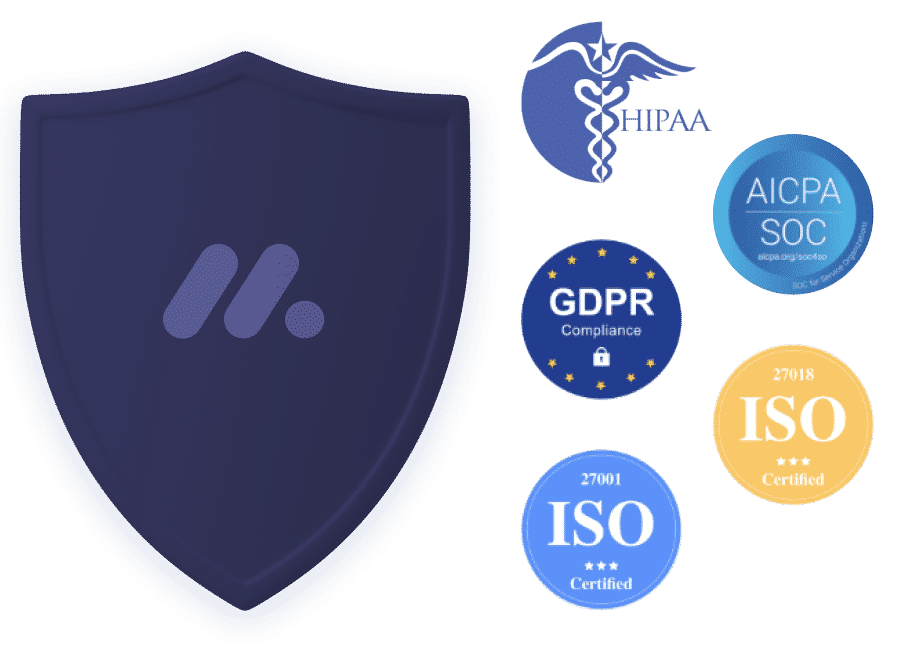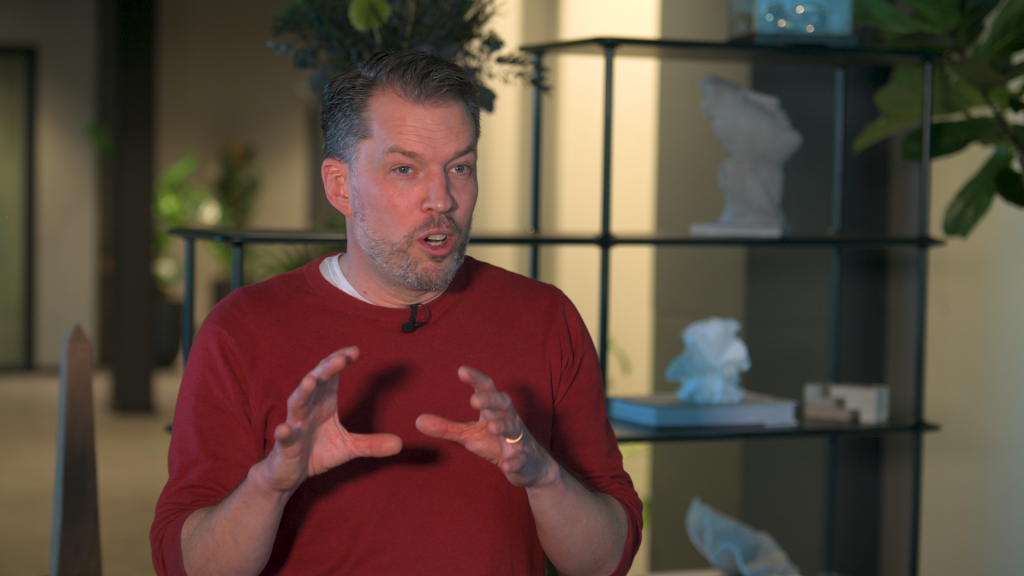Introduction
When it comes to event planning, seamless coordination and effective client management are essential to success. From managing vendor relationships to tracking tight timelines and adapting to last-minute changes, event planners handle countless moving parts in every project. The stakes are high, and delivering a successful event relies on having a system that not only organises these details but also adapts to the specific needs of each unique event. For this, a well-thought-out CRM strategy for event planning is crucial.
A customised CRM strategy for event planning enables teams to centralise client information, manage schedules, and track logistics all in one place. Unlike a generic CRM, which might lack the necessary flexibility, a CRM designed specifically for event planners can provide the adaptability needed to keep each event on track. All the way from initial planning to post-event wrap-up. By implementing a customisable CRM, event planners can handle the complexities of budgeting, logistics, and client communication without missing a beat.
This is where monday.com shines as a powerful CRM solution for event planning. Known for its customisable capabilities, monday.com allows event planning teams to build a CRM strategy tailored to the unique demands of each event. This is possible regardless if it’s a corporate conference, wedding, or large-scale festival. From tracking project milestones to automating reminders, monday.com provides the tools that enable event planners to stay organised and efficient.
The Unique Challenges of CRM in Event Planning
Event planning is a complex, high-stakes industry where multiple stakeholders, tight deadlines, and constantly shifting details are all part of the process. For event planners, managing these demands without an effective CRM can quickly become overwhelming. A robust CRM strategy for event planning should streamline communication, improve timeline management, and centralise critical data. This allows planners to handle even the most intricate events with confidence and ease. Here’s a look at some unique challenges that highlight why a tailored CRM strategy is essential in event planning.
Coordinating with Multiple Stakeholders and Vendors
Event planning often involves collaborating with numerous stakeholders, from clients and sponsors to venues, caterers, and other vendors. Keeping everyone aligned and informed is crucial. However, coordinating across so many different parties can be a challenge without a system that organises communications and tracks updates. A CRM strategy for event planning must centralise all contacts, communication histories, and project details in one place. This way, event planners can maintain clarity and avoid miscommunication.
With a CRM designed for event planners, teams have a structured way to manage each vendor, track contracts, and set reminders for follow-ups. By consolidating stakeholder information, event planners can easily access the latest updates and ensure every detail is accounted for. As a result, this creates a smoother experience for all parties involved.
Managing Tight Deadlines and Last-Minute Changes
Event timelines are often incredibly tight, with every task building up to a set deadline. In addition, last-minute changes are common, whether it’s a new request from the client or an unexpected vendor issue. A CRM strategy for event planning should provide tools that help planners stay on top of schedules, adapt quickly to changes, and communicate updates to all involved parties.
An effective CRM for event planning can offer features like automated reminders, timeline tracking, and quick-access views to help planners stay proactive. With a system that tracks deadlines and sends timely alerts, teams are better prepared to adapt when things don’t go as planned.
Tracking Budget, Resources, and Logistics
Budgets and resource allocation are critical components of any successful event. Event planners need a CRM that not only tracks financial information but also allows them to manage resources effectively. Without a tailored CRM, tracking budgets, managing deposits, and ensuring resources are aligned with event goals can become cumbersome.
A CRM strategy for event planning should integrate budget management tools. Additionally, it should provide an easy way to log expenses, track payments, and allocate resources. With these features, event planners can ensure that financial constraints are met without sacrificing the quality of the event. By centralising budgets and resource tracking in the CRM, teams can maintain financial transparency and manage event logistics with precision.
If you want to gain more insights into efficient CRM strategies, sign up for our monthly newsletter!
Omnitas Newsletter
Sign up for our monthly newsletter to stay up-to-date on our latest blog articles, videos and events!
Thank you!
You have successfully joined our subscriber list.
Why a Customisable CRM is Crucial for Event Planners
Event planning is rarely a one-size-fits-all process. Each event comes with unique requirements, varied client expectations, and a host of logistical demands. A customisable CRM strategy for event planning empowers teams to adapt their workflows, centralise data, and enhance client experiences. All in a way that aligns with their specific operational needs. Here’s why flexibility and customisation are essential in a CRM for event planners.
Flexibility for Unique Event Types and Client Needs
From weddings and corporate events to festivals and product launches, no two events are alike. Each one demands its own set of resources, planning timeline, and vendor relationships. A rigid CRM cannot adequately support the diversity of event types that planners handle. Instead, a flexible CRM for event planning allows teams to tailor their system to fit the distinct requirements of each event.
With a customisable CRM like monday.com, event planners can create specific fields, workflows, and data structures that match each event’s scope and client expectations. This flexibility helps planners adapt to changing project requirements. As a result, this ensures that their CRM aligns with the unique flow of each event while keeping all relevant information in one place.
Seamless Integration with Project Management and Communication Tools
Event planners rely on a variety of tools for budgeting, scheduling, and communication. For a CRM strategy for event planning to be effective, it should integrate seamlessly with these tools. This allows teams to consolidate workflows and reduce manual data entry. By integrating project management and communication tools into the CRM, planners can manage every detail from one centralised system. In turn, this enhances efficiency and ensures that all information is up-to-date.
With monday.com, event planners can connect their CRM to essential tools like email platforms, calendar applications, and budgeting software. This integration not only saves time but also minimises the risk of missed updates or duplicative tasks. Seamless integration enables event planners to maintain control over all project components without switching between multiple apps. This makes it easier to manage both internal tasks and client communications. Additionally, monday.com is much more than a customisable CRM that can handle the tailored communication needed for event planners’ clients. It’s equally a project management software in which event planners can continue the relationship with their clients and work on executing the events.
Personalised Client Experiences
For event planners, creating a positive client experience is key to building long-term relationships and encouraging repeat business. Each client wants to feel that their event is unique and that their specific needs are understood. A CRM strategy for event planning should enable planners to personalise interactions, adapt workflows to client preferences, and provide regular updates on progress.
With a customisable CRM like monday.com, event planners can set up client-specific workflows, tailor dashboards to track milestones for each event, and automate personalised reminders for client follow-ups. This level of personalisation not only meets but often exceeds client expectations. As a result, this helps to establish trust and make clients feel valued. By creating a CRM strategy that prioritises personalised interactions, event planners can foster stronger relationships and build a loyal client base.

How monday.com Delivers a Customisable CRM Experience for Event Planners
For event planners, managing client relationships and keeping track of multiple event details can be challenging without the right tools. Here monday.com stands out as a CRM solution designed to support the complexity of event planning. The platform allows teams to customise their workflows, centralise data, and stay agile in an ever-changing environment. A CRM strategy for event planning needs features that are adaptable, intuitive, and capable of handling everything. All the way from client communications to vendor coordination. Here’s how monday.com delivers a CRM experience that’s perfectly suited to the needs of event planners.
Customisable Dashboards for Real-Time Oversight
Event planning requires full visibility into every project, from budget status to task completion and vendor timelines. The customisable dashboards of monday.com allow event planners to create a comprehensive, real-time view of each event’s status. These dashboards can track critical information such as budgets, client updates, task deadlines, and resource allocation. All in one central place.
With a CRM strategy built on monday.com, teams can tailor dashboards to show what’s most important for each event. Whether it’s viewing upcoming deadlines, monitoring vendor progress, or keeping track of client feedback, the ability to create customised dashboards ensures that every planner stays informed and proactive.
Automations to Streamline Repetitive Tasks
Event planners often deal with repetitive administrative tasks. These can include everything from sending follow-up emails to updating schedules and coordinating with vendors. The automation capabilities of monday.com help reduce these manual tasks. In turn, this allows planners to focus more on the creative and strategic aspects of their work. By automating key actions, event planning teams can ensure smooth workflows, reduce the risk of oversights, and save valuable time.
In a CRM strategy for event planning, automations can be set up to send reminders to clients for approvals, notify vendors of approaching deadlines, or alert team members of task updates. These automations keep all stakeholders in the loop, prevent bottlenecks, and create a seamless flow of communication. This way, event planners can handle last-minute changes with ease.
Multiple Views to Suit Different Planning Phases
monday.com recognises that different phases of event planning require different ways of visualising data. Its flexibility to switch between various views—including Gantt charts, calendar views, Kanban boards, and timeline views—ensures that every aspect of the event is managed efficiently. This adaptability allows each team member to work with the view that best suits their role and current task.
A CRM strategy for event planning benefits immensely from these multiple views. Planners can track overall timelines in Gantt view, manage daily tasks in calendar view, and monitor progress with Kanban boards. By allowing planners to toggle between views, monday.com helps them stay on top of both the big picture and the finer details. In turn, this makes it easy to manage every phase of an event’s lifecycle.
Want to experience the flexibility of monday.com for your workflows? Start a free trial through our link below!
Why Omnitas is the Perfect Implementation Partner for Event Planners
While choosing a flexible CRM platform like monday.com is a great first step, implementing it effectively requires expertise to align it with the unique needs of an event planning business. With extensive experience customising CRM solutions for varied industries, we’re an ideal partner to help event planners build a CRM strategy for event planning that optimises client relations, enhances project management, and supports scalability.
Expertise in Tailoring monday.com for Event Planning Workflows
At Omnitas, we understand the demands of event planning—from managing multiple stakeholders to meeting client expectations and staying on top of complex schedules. Our team specialises in configuring monday.com to suit the fast-paced and detail-oriented nature of event planning. We work with event planners to customise workflows that cover everything from initial client inquiries to post-event follow-up, ensuring that all elements of planning are organised and accessible.
Our expertise helps event planners build a CRM strategy that mirrors the unique flow of their operations. By tailoring monday.com’s features—such as automations, custom fields, and task dependencies—to match specific event planning needs, we enable teams to use monday.com not just as a CRM but as a central hub for every stage of the planning process.
Support for KPI Tracking and Budget Management
In event planning, keeping track of budgets, timelines, and key performance indicators (KPIs) is crucial for delivering successful events while staying profitable. A CRM strategy for event planning should include tools for tracking these metrics in real-time. We help event planners set up custom dashboards and reporting tools in monday.com to monitor essential KPIs, such as client satisfaction, budget adherence, and on-time project completion rates.
With Omnitas’ guidance, event planning teams can use monday.com to gain full visibility into financial performance, resource allocation, and client retention metrics. This focus on data-driven insights ensures that planners have the information they need to make proactive decisions, manage budgets effectively, and continuously improve their services.
Ongoing Optimisation and Training for Event Planning Teams
As event planning businesses grow and take on new challenges, their CRM system must evolve alongside them. We not only assist with the initial CRM setup but also provide ongoing optimisation to ensure that your CRM strategy for event planning remains aligned with your changing needs. Whether you’re scaling up, adding new service offerings, or refining workflows, we are committed to keeping your CRM setup efficient and relevant.
Additionally, we provide comprehensive training for event planning teams. We help every team member become confident in using monday.com’s features to their fullest potential. Our training sessions cover everything from setting up automations to utilising multiple views and creating client-specific workflows, empowering teams to leverage monday.com’s capabilities effectively. With Omnitas as your partner, your event planning CRM strategy will be robust, adaptable, and fully integrated into your daily operations.
Book a free consultation with us and discover how we can help set up your customised CRM strategy.
Conclusion
When it comes to event planning, managing client relationships, coordinating vendors, and keeping track of countless details requires a CRM that’s as agile as it is powerful. A customised CRM strategy for event planning enables teams to centralise communications, track budgets, and stay on top of deadlines, all while adapting to the unique needs of each event. For event planners, having a CRM system that’s built to manage both client relationships and logistical complexities is essential to delivering successful, memorable events.
monday.com offers an exceptional foundation for creating a CRM strategy for event planning. Its flexible dashboards, automation capabilities, and multiple view options make it ideal for tracking every stage of an event and ensuring that all stakeholders remain aligned. With a platform as customisable as monday.com, event planning teams can create workflows that match their processes, streamline repetitive tasks, and provide clients with a personalised, professional experience.
However, implementing a CRM strategy is most effective with a partner who understands the intricacies of event planning. This is where Omnitas comes in. As a leading monday.com implementation partner, we specialise in designing CRM systems that align with the specific needs of event planners, from customising dashboards to configuring budget tracking and providing ongoing support. By partnering with us, event planners gain a CRM strategy tailored to their goals and scalable for future growth.
Ready to take your event planning CRM to the next level? Book a free consultation with us below! Discover how a customised CRM strategy for event planning can transform the way you manage client relationships, optimise workflows, and deliver outstanding events.
If you found this blog post useful, make sure to sign up for our monthly newsletter below. Stay in the loop regarding all things business efficiency and automation!












